Silence and Healing
05/11/2018 01:09:04 PM
’m writing this on the plane back from a seven-day silent retreat offered by the Institute for Jewish Spirituality. It’s the first of three I will attend as part of a Jewish Mindfulness Meditation Teachers program. The retreat was at Isabella Freedman, a rustic but beautiful Jewish camp, built around a small lake in New England’s Berkshire Mountains, 70 miles northeast of Hartford.
Modeled after Buddhist silent retreats, the schedule was deceptively simple—essentially meals, meditation and prayer—while the actual program was grueling. The first “sit” (seated meditation) was at 6:30AM, followed by breakfast and then an alternating sequence of sitting and walking meditations punctuated only by lunch and Mincha (afternoon prayers). After dinner there was a teaching of some kind, followed by Maariv (evening prayers) and then more sitting and walking meditation until bed. All in silence! Hardly a vacation, unless you count the unplugging from all electronics, including email. Hallelujah!
I arrived at the retreat feeling “blue”. It’s been a tough year. Whether you lost your home or not, we are all singed in one way or another by the fire, and pulling into the Isabella Freedman parking lot, the weight of all we’ve been through seemed to catch up with me. As I settled into the retreat and the chatter of daily routine began to fade, the weight I had been carrying these past months turned into a spiritual and emotional pain I was not aware of before I arrived.
I came to understand that the fire had sent me into a spiritual tailspin. For the first time in memory, my doubts about God overwhelmed any sense I had of God’s presence, and without that spirit the world had come to feel mechanical. Even the worth of Jewish tradition and practice, which I have often argued (and still believe) has value regardless of belief, was suddenly nebulous to me. I was stunned to realize how alienated and alone I felt.
The first couple of days were tough. I felt more broken than “broken open”. It really wasn’t until Shabbat that a tikkun, a healing, began to emerge. The 42 participants in the program gathered around a table of Shabbat candles, two for each of us, and we were told to light our candles and take whatever time was necessary to pray for whatever we needed. At first, I flinched at the sight of all those flames, but then closed my eyes and opened my heart. No words were said—we were still in silence. But by the light of those 84 candles and the loving warmth of the group, I felt something shift. A weight lifted, an invisible hand clasping mine.
I would love to tell you that “I am all better”, but that would not be the truth. I still feel shaken by the fire and its aftermath. The questioning that so rattled me has not ceased, but it has changed.
Rabbi David Hartman, z’l , told me once that to be a religious person in our age was to never turn your back on God or from the struggle for a meaningful Jewish life. As long as you are faced forward and engaged, you are “in the game”. Without even knowing it, I had begun to turn away (it is hard for me to admit this, let alone share it with you!). The retreat enabled me to feel the pain of alienation, see what was actually happening, and face forward again.
It’s hard work to stay “in the game,” but that does seem to be what we were built for. We are, after all, Yisrael, God Wrestlers…
It is good to be home.

